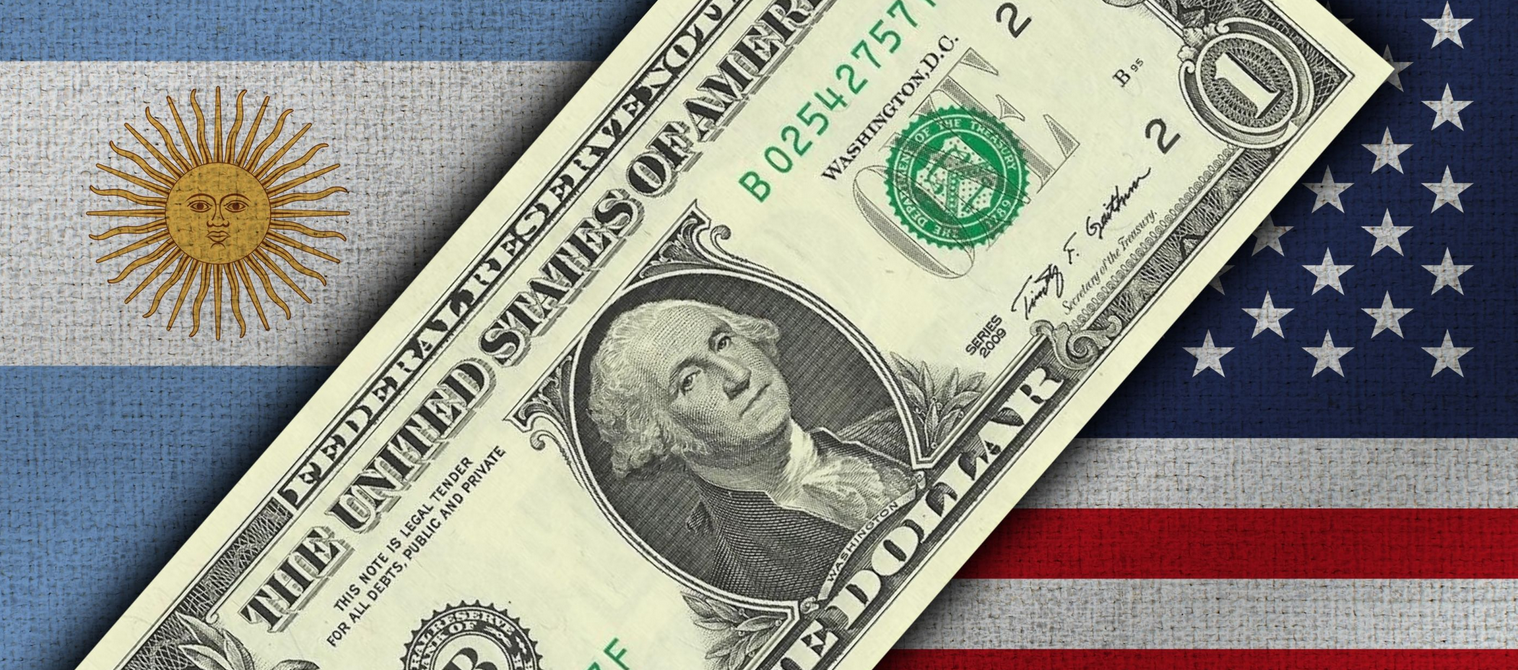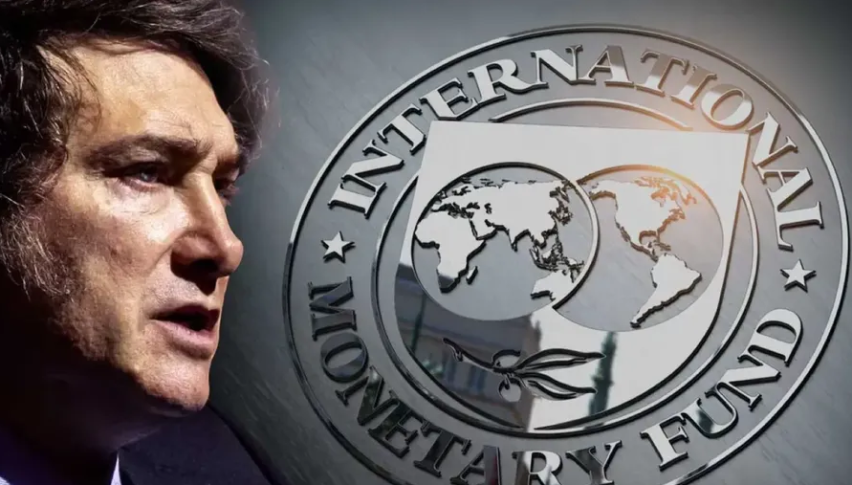Argentina: Stocks and Bonds Suffer Sharpest Weekly Loss Since April
On Wall Street, Argentine ADRs also closed mostly lower, led by Edenor (-3.3%), Telecom (-2.4%), and BBVA (-2.3%),

Quick overview
- The market is focused on upcoming elections, government legislative setbacks, and volatility in interest rates.
- The S&P Merval index experienced its steepest weekly drop since early April, falling 3.8% in pesos and 6.3% in dollars.
- Top decliners included Edenor and Sociedad Comercial del Plata, while Cresud and YPF were among the few gainers.
- Country risk rose significantly, ending the week at 753 basis points, marking its largest increase since early April.
The market remained focused on upcoming elections, the government’s legislative setback, and heightened volatility in interest rates.

The S&P Merval, measured in dollars, attempted a rebound on Friday but closed lower, marking its steepest weekly drop since early April. Bonds also posted their worst weekly performance since the fourth month of the year. Domestically, moves unfolded in a week of sharp swings in interest rates and changes the Central Bank implemented to reserve requirements for banks.
The S&P Merval rose 0.1% to 2,106,200 points in pesos, but in dollar terms slipped 0.6% to 1,579 points. Over the week, the benchmark index fell 3.8% in pesos and 6.3% in dollars—its sharpest drop since early April, prior to the foreign exchange regime shift and IMF deal.
Main Movers and Losers
Top decliners among leading stocks were Edenor (-3.1%), Sociedad Comercial del Plata (-2.3%), Banco de Valores (-1.9%), and Metrogas (-1.8%). On the upside, Cresud (+2.5%), YPF (+1.8%), Aluar (+1.8%), and IRSA (+1.3%) stood out.
On Wall Street, Argentine ADRs also closed mostly lower, led by Edenor (-3.3%), Telecom (-2.4%), BBVA (-2.3%), Grupo Financiero Galicia (-1.9%), and Grupo Supervielle (-1.7%).
Meanwhile, Federal Reserve Chair Jerome Powell, in his opening remarks at Jackson Hole, suggested the possibility of an interest rate cut in September given “shifting risks” in the U.S. economy. Still, he highlighted the still-low unemployment rate despite weak July labor data.
Bonds and Country Risk
In fixed income, sovereign bonds closed mixed amid a week of heavy rate volatility. The biggest losers were Global 2046 (-1.2%) and Global 2029 (-1.1%), while gainers included Global 2041 (+0.8%), Global 2035 (+0.1%), and Bonar 2030 (+0.1%).
Country risk ended Thursday at 753 basis points, according to J.P. Morgan’s index, rising 6.21% in the first four days of the week—its largest increase since early April.
On the political front, the government faced another setback in the Senate on Thursday, as the opposition struck down five delegated decrees in a row and definitively passed two bills previously vetoed due to fiscal costs: the University Financing Law and the Pediatrics Emergency Law.
- Check out our free forex signals
- Follow the top economic events on FX Leaders economic calendar
- Trade better, discover more Forex Trading Strategies
- Open a FREE Trading Account

